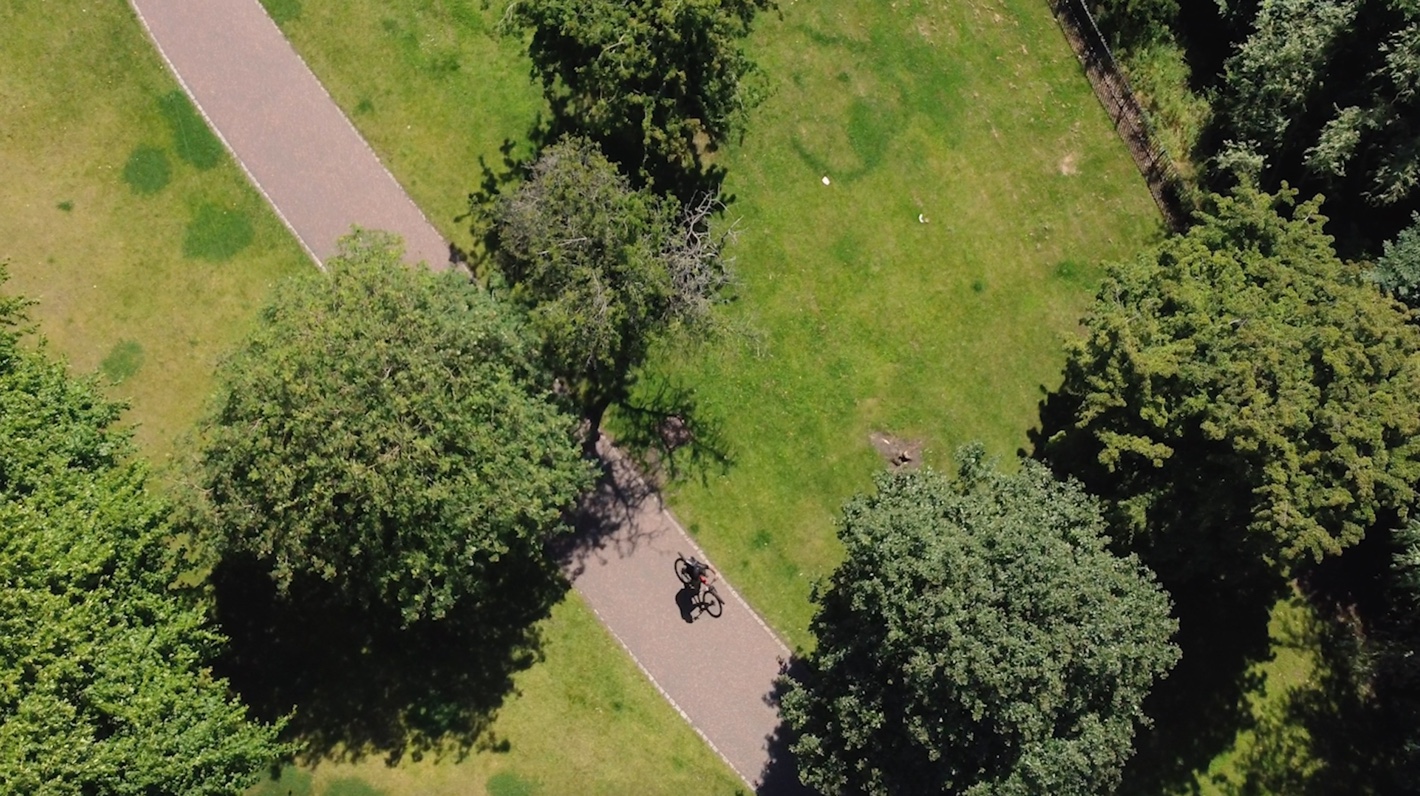
Climate change is a moral and ethical issue – it’s not about bean counting
A guest blog from Mike Childs, Head of Policy, Research and Science, ahead of the publication of the IPCC report on climate mitigation this Sunday.
It’s a common insult: someone knows the price of everything, but the value of nothing. And this is at the heart of the battle for how to respond to the threat of climate change, arguably the greatest challenge currently facing the planet.
This Sunday, some of the world’s leading scientists, will publish a major United Nation’s report on mitigation – the steps needed to tackle global warming.
This Intergovernmental Panel on Climate Change (IPCC) report is expected to generate heated debates about how much it will cost to prevent global temperatures increasing by two degrees centigrade above pre-industrial levels, and whether it’s even worth doing it.
Cost estimates
Some – predominately those dismissive of climate science, or linked to fossil fuel interests – will say it’s too expensive to significantly cut emissions and we should simply accept higher levels of warming and try to adapt. This argument is likely to rest on analysis by their favoured conservative economists who will say it will cost more to cut emissions than the economic benefit from doing so. They will state this even though we don’t fully know the costs of the impacts from two, three or four degrees of warming.
But this focus on costs and benefits distracts from the real issue: what do we value? What do we most want to protect from the threat of climate change?
Just last Monday – 31st March – the IPCC published a 2000 page report setting out the impacts of climate change. We’ve produced a summary.
What it showed is that a two degree temperature rise would be devastating for our natural world, with around 25-30 per cent of wildlife at risks of extinction. It would also reduce food production, and lead to water shortages that would have very significant impacts for the world’s poorest, particularly those in Africa.
With four degrees of warming – the current trajectory we are on – wildlife and people throughout the world face devastation.
What price do you put on the loss of wildlife?
Economists find it difficult to put a price on wildlife. So, they either ignore it altogether or try to estimate the financial value of some of the services they provide us with – such as pollination of crops. But most of us know you can’t put a price on the joy of hearing birdsong or even just the knowledge that forests faraway are teaming with weird and wonderful creatures.
How much do you value an African child?
It is clear from the IPCC’s work that African children are at much greater risk from climate change than children in wealthy countries. Reducing this risk requires a rapid shift to green energy across the globe, including in the UK. The fact that we spend considerable money on protecting and raising western children – the health service, education, playgrounds – suggests we give high value to the wellbeing of children. But a number of vociferous commentators, including many politicians and conservative economists, are furious about investing in green energy. Knowingly or not they are implying that the lives and future of African children are lower than our own.
Do our great-great-grandchildren matter?
The IPCC’s first report in September last year made it clear that the more we allow global temperatures to increase the higher the likelihood of large-scale and irreversible impacts that will emerge in the 22nd century and beyond. These include the melting of the Greenland ice sheet or large releases of methane from permafrost. Many economists exclude these from their calculations because they value future generations as worthless – the conservative economists are particularly guilty of this – or they simply ignore the impacts.
It’s not too late
Sunday’s IPCC report will make it very clear that, technically, it’s possible to substantially cut fossil fuel use, and keep temperatures below 2 degrees of global warming.
So when you hear people arguing about the economic costs of doing so you might want to remind them that what they are really arguing about is how much we value wildlife, the lives of African children and the lives of our own descendants. Those who argue we can’t afford to stop dangerous climate change are, in short, whether they know it or not, arguing that these things are worthless or of low value.
Frankly you can’t put a price on everything, even economists know that, and nor should you try. The work of economists is useful in the world we live but their estimates have significant gaps. Their work is not the be all and end all. The campaign against climate change is an ethical and moral issue. It’s more than just bean-counting.
